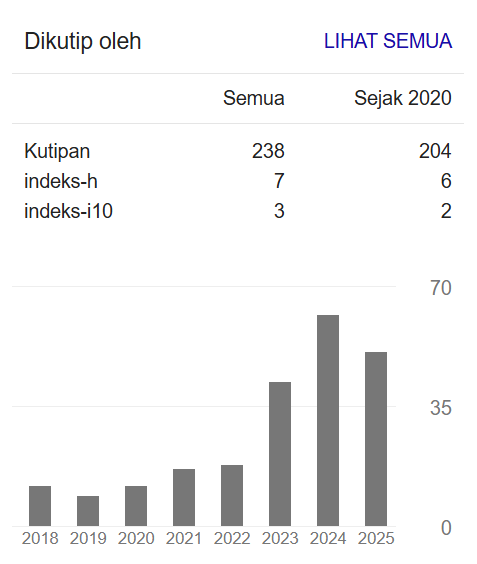TAFSĪR AL-HUKAMĀ’: MEMOTRET PERSINGGUNGAN TAFSIR AL-QUR’AN DAN TRADISI HIKMAH
DOI:
https://doi.org/10.20871/tjsq.v1i2.26Keywords:
Hikmah (theosophy), ẖukamā’, philosophical exegesis, epistemological reconstruction, Hellenistic philosophersAbstract
This paper discusses a neglected exegetical tradition in the Qur’anic studies, namely the heritage of “tafsīr al-ẖukamā’”, (tafsīr of the theosophers/ẖikmah masters) which is the representation of the ẖikmah (theosophical) tradition in the Islamic philosophy. In addition to the study of “tafsīr al-falāsifah” (tafsir of Hellenistic/Peripatetic philosophers), this heritage is an area of study that needs further exploration in the light of philosophical school of Qur’anic exegesis. It is mainly motivated by the revision of the history of Islamic philosophy in general, that must include “ẖikmah” tradition as the integral part. In turn, the study of Qur’anic exegesis should also correspond with the development of the discourse. Started with a discussion related to the ẖikmah tradition, this paper focuses on two major issues. Firstly, it highlights the contact between Qur’anic exegesis and ẖikmah tradition in a historical and chronological context. Secondly, it also explains the intersection of both in epistemological relation. This research shows that through examining some Qur’anic commentaries written by theolosophers such as Suhrāwardī, Mullā Shadrā, up to the current tradition, the treasury tafsīr hukamā’ has a rich but still abandoned material. In addition, this tradition also has a distinguishing epistemological characteristic compared to other with tafsir traditions.
Downloads
Published
How to Cite
Issue
Section
License
Copyright (c) 2016 Sekolah Tinggi Filsafat Islam (STFI) Sadra

This work is licensed under a Creative Commons Attribution-NonCommercial-ShareAlike 4.0 International License.





















